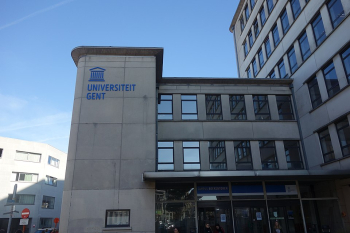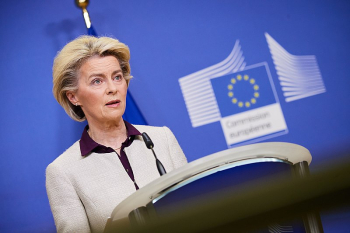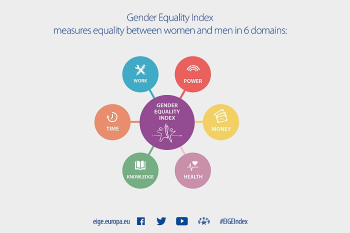
On January 20, coinciding with Donald Trump's inauguration as U.S. president, 11.11.11 Belgium—a coalition representing 60 NGOs—announced its decision to leave the social
media platform X. The organisation, which focuses on international solidarity, cited concerns over disinformation and political manipulation as the primary reasons for its departure.
“X is a danger to democracy, human rights, and humanity,” the coalition stated in a press release on Friday, joined by member organisations such as Oxfam, Chirojeugd Vlaanderen, Çavaria, and Broederlijk Delen.
"A threat to society"
According to Els Hertogen, director of 11.11.11, the platform has become a “threat to the foundations of our society.” Hertogen criticized X owner Elon Musk, claiming that since his acquisition of the platform, there has been a significant increase in hate speech and political manipulation due to lax moderation policies.
“X is no longer an open discussion platform but a space that undermines democracy, human rights, and humanity,” she stated. The coalition emphasized that the lack of accountability and ethical boundaries on the platform has serious implications for democratic institutions and societal well-being.
Transition to Bluesky
In response to these concerns, 11.11.11 announced it would transition to Bluesky, a decentralized social media platform. The coalition called on other civil society actors, media companies, and political leaders to follow its lead and distance themselves from X.
Although the decision has gained support from several member organisations, not all 52 members of 11.11.11 have chosen to leave X. Notable departures include Oxfam Belgium, the Christian Mutuality health insurance fund, and NGO Digital Flanders.
Political and regulatory reactions
The decision by 11.11.11 and its affiliates comes amid growing political debate in Belgium about the future of X. Recently, the Flemish green party Groen left the platform, echoing a call from its sister party, Ecolo, for a temporary suspension of X until it complies with European regulations.
Kris Verduyckt of the Flemish socialist party Vooruit proposed suspending Flemish government accounts on X. However, this suggestion was rejected by Flemish minister-president Matthias Diependaele of the conservative N-VA.
Diependaele highlighted that the European Commission is investigating whether X violates the Digital Services Act. “It’s crucial to understand if the platform’s algorithms pose an issue,” he said, referencing previous measures that barred civil servants from using TikTok.
CD&V’s Peter Van Rompuy proposed forming a task force to oversee social media regulation during the sensitive pre-election period, drawing inspiration from similar initiatives in Germany.
A broader shift
The departure of 11.11.11 and others reflects a growing movement among NGOs and political groups to scrutinize the role of social media platforms in spreading disinformation and undermining democratic values. As debates over regulation and accountability continue, the shift toward alternative platforms like Bluesky may signal a significant change in how civil society engages with online spaces. Photo by Beatchoose, Wikimedia commons.

















